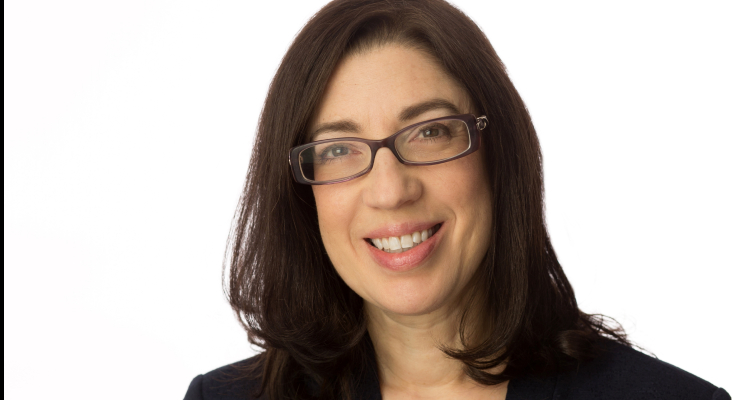SmartAsset and Yahoo Finance LLC may earn commission or revenue through links in the content below.
I will be 68 soon and plan to wait until I can claim Social Security at 70 to get the maximum monthly benefit. I also plan to retire at the end of the year, if not sooner (i.e. in three months or less). Does withdrawing from my Traditional IRA (current balance is $215,000) to reduce income tax on my RMDs outweigh the benefit of keeping those withdrawals invested and growing tax deferred? My understanding is that if I withdraw amounts up to my standard deduction, those amounts will be tax-free.
-Austin
Retirement withdrawals, Social Security benefits, required minimum distributions (RMDs), taxes… there are a lot of moving parts when it comes to making decisions about your retirement income. Reducing the amount of money that is subject to RMDs can help reduce taxes once they take effect. This may also help you avoid taxes on your Social Security benefits.
If you don’t need the money now, but want to reduce your RMDs later, one of the best moves may be to convert a portion of your IRA to a Roth IRA each year. This can help reduce required withdrawals in the future and allow your money to grow tax-free, although there may be tax consequences on certain withdrawals. (A Financial advisor It can help guide you through the Roth conversion process and potentially avoid unwanted tax consequences.)
Delaying Social Security benefits until age 70 makes sense for some people. That’s when you can get the largest monthly payment possible. You can start collecting Social Security retirement benefits at age 62, but the monthly amount will be reduced by 30%.
For example, if your full retirement benefit is $2,000, your payment at age 62 will be only $1,400. However, waiting until age 70 will give you a maximum monthly benefit of $2,480.
However, there are some circumstances where starting early may be more beneficial, such as:
• You need money to cover your expenses
• You are in poor health or have a shorter life expectancy
• You are completely done with work
• Your spouse earns a higher income and will delay receiving their benefits
Remember, there is no one-size-fits-all answer, and you should do what makes the most sense for your family. (And if you need help planning for Social Security, Consider working with a financial advisor.)
Once you reach age 73, you must begin taking required minimum distributions — known as “RMDs” — from all traditional retirement accounts, including IRAs and 401(k) accounts. Your RMD is calculated based on your age, life expectancy, and account balance according to the IRS Uniform Lifetime Table. If you have multiple IRA accounts, you’ll need to know the RMDs for each individually.


Comments are closed, but trackbacks and pingbacks are open.